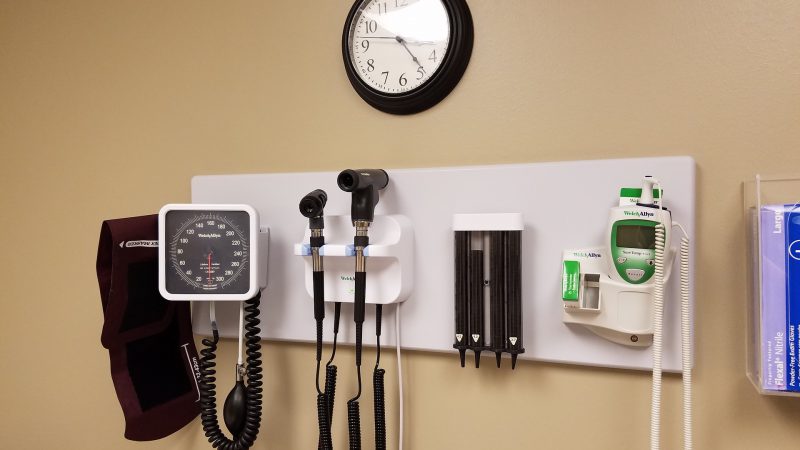Texas Insight’s Recent Reports
- Starving the Beast in Texas Part IV: The Trump Administration has expressed its intention to tackle what they refer to as “welfare reform”. The administration seems to be including entitlements in this effort, which have not historically been included in programs referred to as “welfare”. Entitlements include Social Security, Medicare and Medicaid benefits, while “welfare” refers to forms of cash assistance and food stamps. President Trump has, in the past, vowed not to reduce Social Security or Medicare. Nonetheless, the GOP has long sought to reduce the safety net – a patchwork of funding for health and social services for indigent, elderly and the disabled populations. This posting examines Social Security benefits in Texas.
- (BLOG) Quality of Service Changes are in the Wind: The Health and Human Services Commission is soliciting feedback on their quality strategy which is to be submitted to CMS in early March of this year. Suggestions for change or comments on the revised proposal should be made to HHSC. (See below) In addition, the Senate Committee on Health and Human Services will be holding a hearing March 21st on the following two interim charges: 1) Review the Health and Human Services Commission’s efforts to improve quality and efficiency in the Medicaid program, including pay-for-quality initiatives in Medicaid managed care. 2) Evaluate the commission’s efforts to ensure Medicaid managed care organizations’ compliance with contractual obligations and the use of incentives and sanctions to enforce compliance.
Federal Healthcare Policy Reports
- Abortion: Judicial History and Legislative Response: This report primarily focuses on legislative action with respect to abortion. However, discussion of the various legislative proposals necessarily involves an examination of the leading Supreme Court decisions concerning a woman’s right to choose.
- Regulating Lead in Drinking Water: Issues and Developments: The Safe Drinking Water Act (SDWA) authorizes the U.S. Environmental Protection Agency (EPA) to regulate contaminants in public water supplies. EPA regulates lead specifically through the 1991 Lead and Copper Rule. In the wake of detections of elevated lead levels in tap water in Flint, Michigan, and elsewhere, questions emerged regarding (1) the adequacy of SDWA authorities, and (2) the effectiveness of the LCR in limiting lead exposures and protecting public health.
Federal Healthcare News
HHS extends Trump’s emergency declaration for opioids:
The Trump administration has extended the opioid public health emergency issued by President Trump, days before that declaration was set to expire.
The U.S. Fertility Rate is Down, Yet More Women Are Mothers:
The biggest increases have come from some groups who in the past were far less likely to have babies: highly educated women, those over 40, and women who have never been married.
Trump Gives Health Workers New Religious Liberty Protections:
The Trump administration announced a new “conscience and religious freedom” office to protect health workers who object to providing abortions or some types of contraception.
Fed Up with Drug Companies, Hospitals Decide to Start Their Own:
A group of large hospital systems plans to create a nonprofit generic drug company to battle shortages and high prices.

